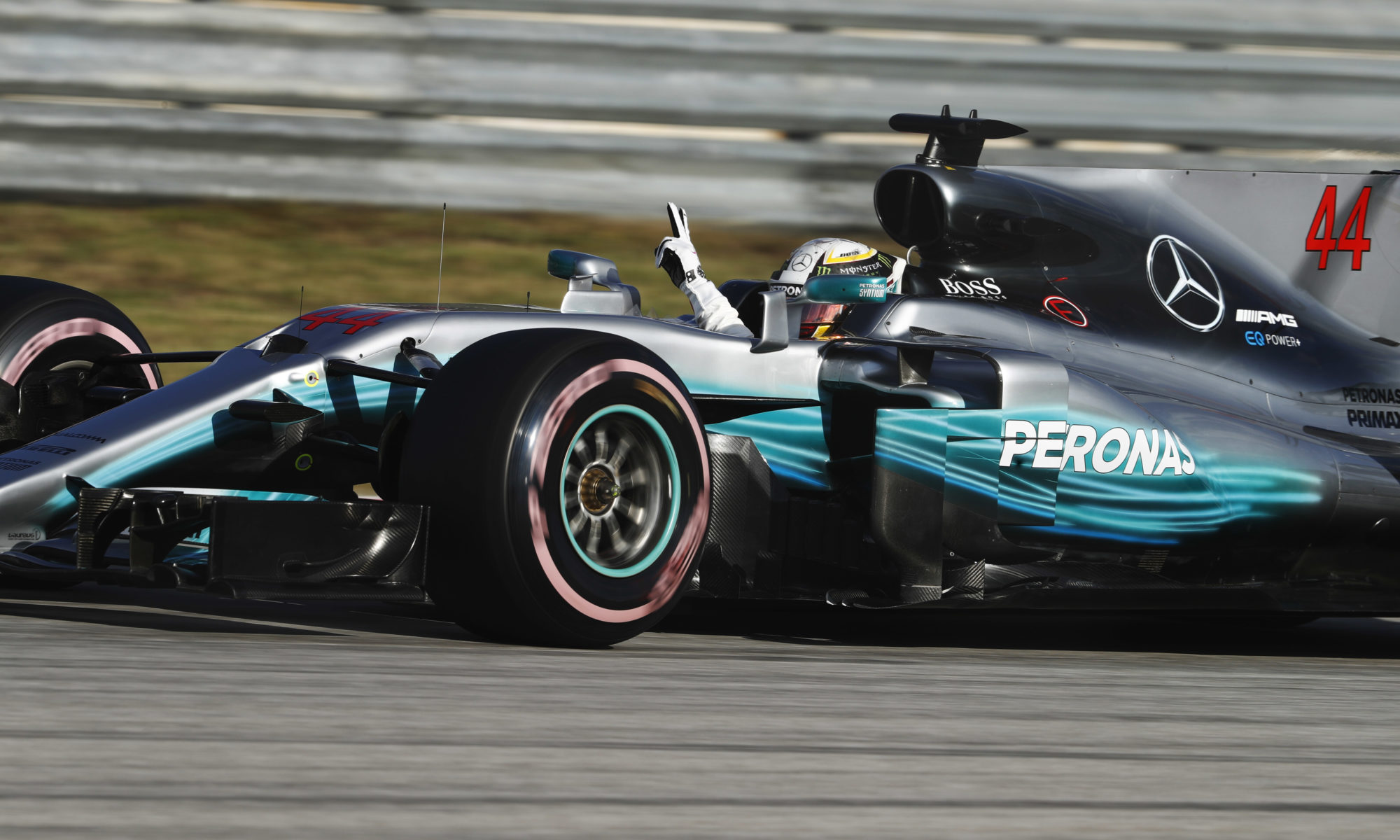To extend a discussion kevinbotz and I had in the chat, we are pondering a question:
Are the late 80s the period of F1 with the least fulfilled talent influx?Look at guys who had their first appearances in the five-year period 1986-1991, who really had noteworthy potential
and can be considered to have somewhat fulfilled it. Really, it's only Jean Alesi, Michael Schumacher and Mika Häkkinen. There were a few others with potential who either got shafted with awful cars (Eric van de Poele, it's a crime what they've done to you

) or had other circumstances prevent their breakthrough (Karl Wendlinger).
This could be a historically bad time for rookies, as we went through other periods after 1986-1991 and pretty much every other 5-year period has better influx. Hell, even the most recent stretch 2013-2018 can be considered better and most of the drivers who debuted during this time haven't even grown up enough to truly be evaluated - but Valterri Bottas and Max Verstappen have already delivered on a healthy bunch of their promise, Esteban Ocon and Carlos Sainz, Jr. could be on the edge of a breakthrough and that's not even getting into Charles Leclerc and Pierre Gasly, who also have shots at being the next big thing.
That dry period of talent is obviously relevant, as it helps explain the driver drought of the mid-90s that led to such hilarious scenarios as Johnny Herbert being a legitime option for a race-winning car, in combination with a number of retirements by the old guard with nobody except Schumacher really ready to take up the mantle (Hill pretty much learned to take the mantle by being thrown in the ocean).
Has anyone an idea what other times in the sport were bad in terms of the talent coming in and the fulfillment of its potential?
Also, the related question comes to mind:
with mostly very boring racing and mostly disappointing rookie pools, are the late 80s the worst period of the sport's history?
